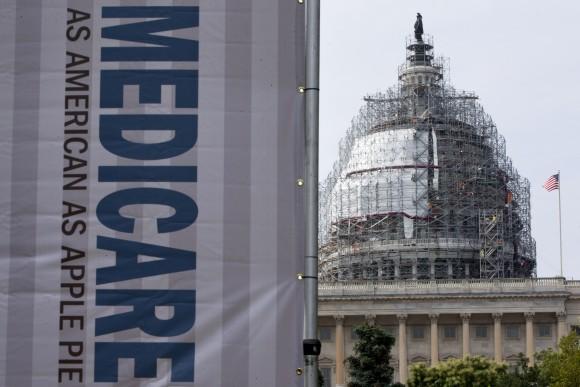WASHINGTON—Heart attacks and broken hips cause much suffering and worry as people grow older. This year, Medicare wants to start changing how it pays for treatment of these life-threatening conditions, to promote quality and contain costs. Beneficiaries and family members may notice a new approach.
Hospitals and doctors in dozens of communities selected for large-scale experiments on this front are already gearing up. The goal is to test the notion that better coordination among clinicians, hospitals, and rehab centers can head off complications, prevent avoidable hospital re-admissions and help patients achieve more stable and enduring recoveries. If results back that up, Medicare can adopt the changes nationwide.
The cardiac and hip fracture experiments are the latest development in a big push under the Obama administration to reinvent Medicare, steering the program away from paying piecemeal for services, regardless of quality and cost. It’s unclear whether Donald Trump as president will continue the pace of change, slow down or even hit pause.
Trump’s Health and Human Services nominee, orthopedic-surgeon-turned-congressman Tom Price, has expressed general concern that the doctor-patient relationship could be harmed by Medicare payment changes seeking to contain costs. And the Medicare division that designed the experiments—the Center for Medicare & Medicaid Innovation—is itself under threat of being abolished because it was created by President Barack Obama’s 2010 health care law.






